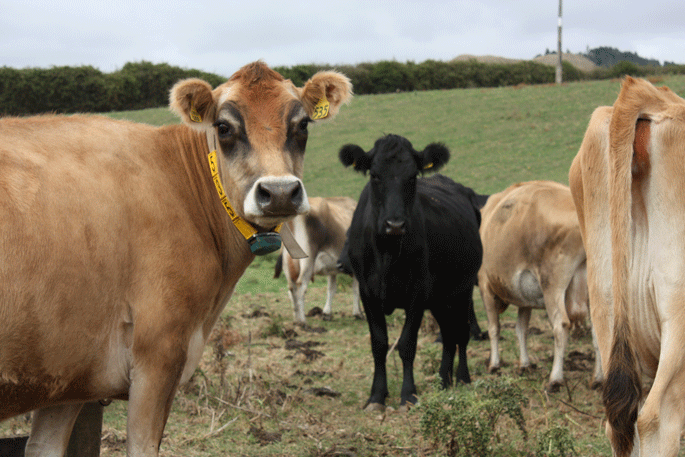New Zealand agriculture continues to lead the way in its approach to antimicrobial resistance - one of the top 10 global threats to human health.
Agriculture remains ahead of the game in the use of antibiotics, due to a concerted effort from vets, farmers, and industry.
Sales of veterinary and horticultural antibiotics in New Zealand have dropped by a massive 43 per cent in the five years until 2022, according to the Ministry for Primary Industries.
“This demonstrates that our farmers and growers are adopting sustainable farming practices, including managing pests and diseases before antibiotics are needed,” says Animal and Plant Health NZ Chief Executive Liz Shackleton.
By identifying animal health issues earlier and treating them quickly and responsibly, we can decrease disease levels and, with it, the need for antibiotics. Practical examples include monitoring for diseases such as mastitis and vaccinating animals to help prevent animal diseases that can spread to humans, such as leptospirosis which can cause serious disease and even death.
Other important tools in the fight against antimicrobial resistance include maximising the long-term and preventative health benefits of vaccination, nutrition, biosecurity, disease surveillance, diagnostics, husbandry, and other animal health technologies.
Antibiotic resistance results in treatments for common bacterial diseases becoming ineffective. “Reducing reliance on antibiotics is a shared responsibility across the agriculture, human health, and environment sectors, united in a One Health approach,” says Shackleton.
“Antibiotics must be preserved to protect the lives of people and animals. Medical and veterinary professionals, patients, parents, and owners of livestock and pets all have a role in fighting antimicrobial resistance”.
Antimicrobials include antibiotics, antivirals, antifungals and antiparasitics.
Antimicrobial resistance happens when viruses, fungi, bacteria and parasites develop resistance to antimicrobials – rendering them ineffective and making infections difficult or impossible to treat.



0 Comments
Leave a Comment